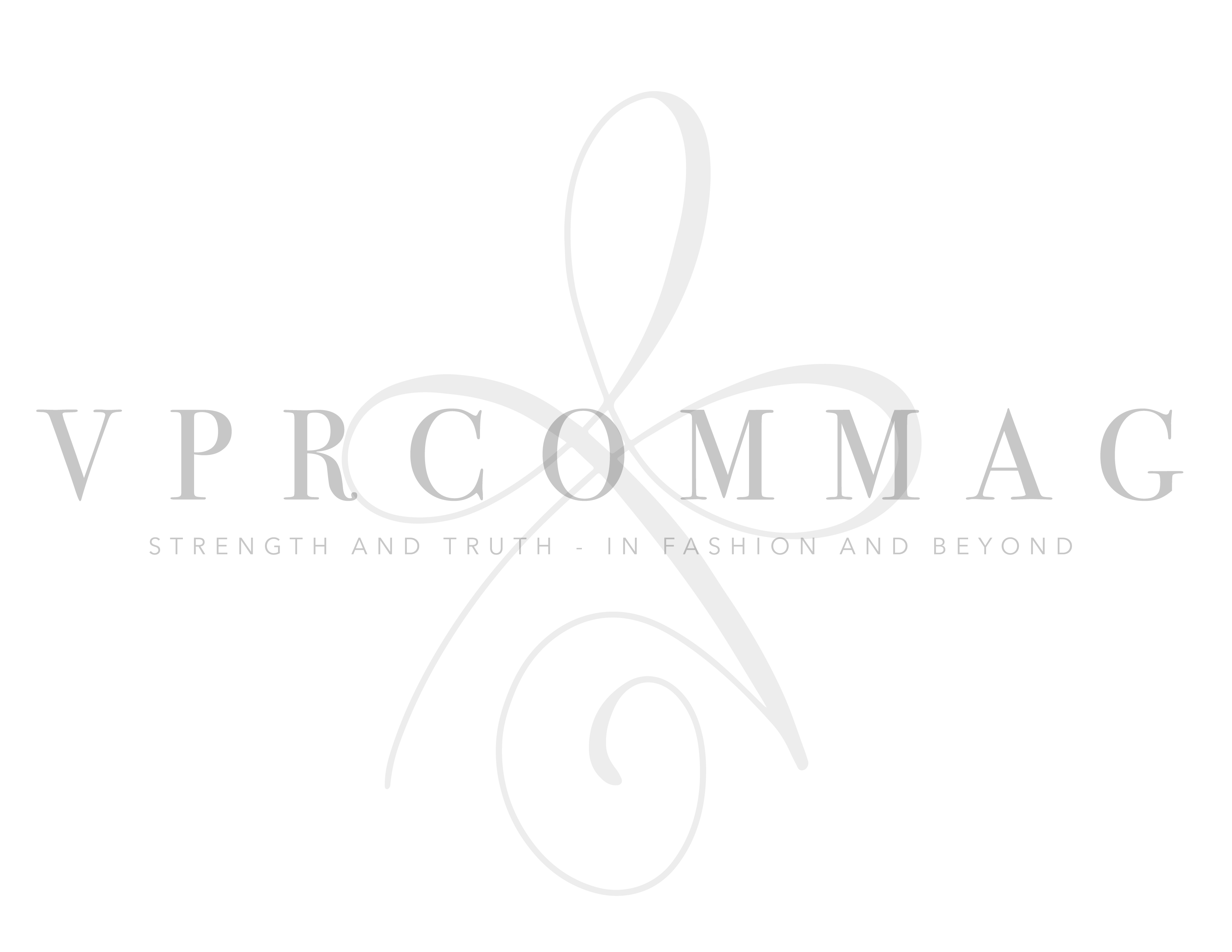As we look ahead, it is critical for businesses to anticipate upcoming trends and adapt accordingly. Companies that are able to stay ahead of the curve in the global economy will be better positioned to succeed in 2023 and beyond. With that in mind, we will look at some of the most important business trends for this year in this article.
Remote Work
The COVID-19 pandemic has altered our working practices, and remote work is here to stay. Even as restrictions relax and offices reopen, many companies are likely to continue providing employees with remote work options. For businesses, this trend presents both new opportunities and potential challenges. On the one hand, remote work can boost productivity while lowering office-space costs. On the other hand, maintaining company culture and ensuring effective collaboration among remote teams can be difficult. Businesses will need to find ways to effectively manage remote workers and create a strong company culture that transcends physical boundaries in order to succeed in 2023.
Digital Transformation

For several years, digital transformation has been a buzzword, but this year, it will become even more critical for businesses seeking to remain competitive. The COVID-19 pandemic has hastened the shift to digital channels, and businesses that fail to adapt risk falling behind. Businesses will need to invest in digital infrastructure, adopt agile methodologies, and embrace new technologies such as blockchain and the Internet of Things (IoT) in order to succeed in 2023. Additionally, businesses will need to focus on improving cybersecurity measures to protect their digital assets and ensure compliance with new data privacy regulations.
Managing Technology Assets
Servers, laptop computers, and mobile devices are critical components of modern business operations. However, managing these assets can be a time-consuming and complex task. For that reason, more companies are expected to invest in professional asset lifecycle management solutions in 2023. These solutions can assist organizations in tracking their technology assets from acquisition to disposal and ensuring that they are used efficiently and effectively. Companies can reduce costs associated with technology asset management, improve asset utilization, and reduce the risk of security breaches or data loss by implementing these solutions.
Customer Personalization

Companies must find new ways to differentiate themselves from their competitors as the business landscape becomes more competitive. Customer personalization is one strategy that has gained traction in recent years. Businesses can improve customer satisfaction and loyalty by tailoring products and services to individual customers’ needs and preferences. More companies will invest in technologies that allow them to collect and analyze customer data in order to provide more personalized experiences in 2023. This trend will necessitate a delicate balancing act between using data to improve the customer experience and protecting privacy concerns.
Artificial Intelligence
AI is already transforming industries such as healthcare, finance, and retail, and this trend is expected to continue throughout the year. Artificial intelligence (AI) technologies such as machine learning and natural language processing can assist businesses in automating processes, improving decision-making, and enhancing customer experiences. Implementing AI solutions, on the other hand, necessitates careful thought and planning to ensure that they align with the organization’s goals and values. Companies will need to invest in the right talent and infrastructure to support AI adoption while also ensuring that the technology is used ethically and responsibly.
Sustainable Business Practices
Sustainability is no longer a buzzword; it is becoming an essential component of doing business in the twenty-first century. Consumers are increasingly seeking environmentally friendly products and services, and businesses that fail to adapt risk losing market share to competitors who prioritize sustainability. More businesses will be implementing sustainable practices such as waste reduction, the use of renewable energy sources, and the adoption of circular economy principles by the end of the year. These changes will benefit not only the environment, but also the bottom line by lowering costs and increasing efficiency.
To summarize, companies that want to succeed in 2023 must stay ahead of the curve by adapting to new trends and technologies. Companies can improve efficiency, reduce costs, and gain a competitive advantage in their respective markets by investing in these key areas. However, in order for these trends to align with the organization’s goals and values, they must be approached with a balanced and ethical perspective.


